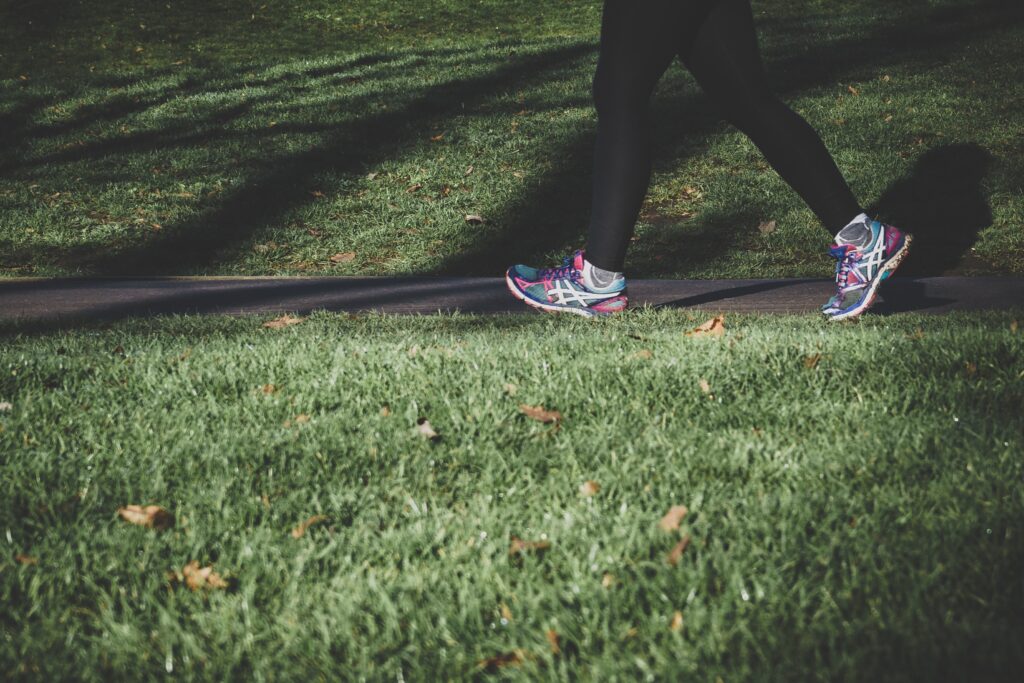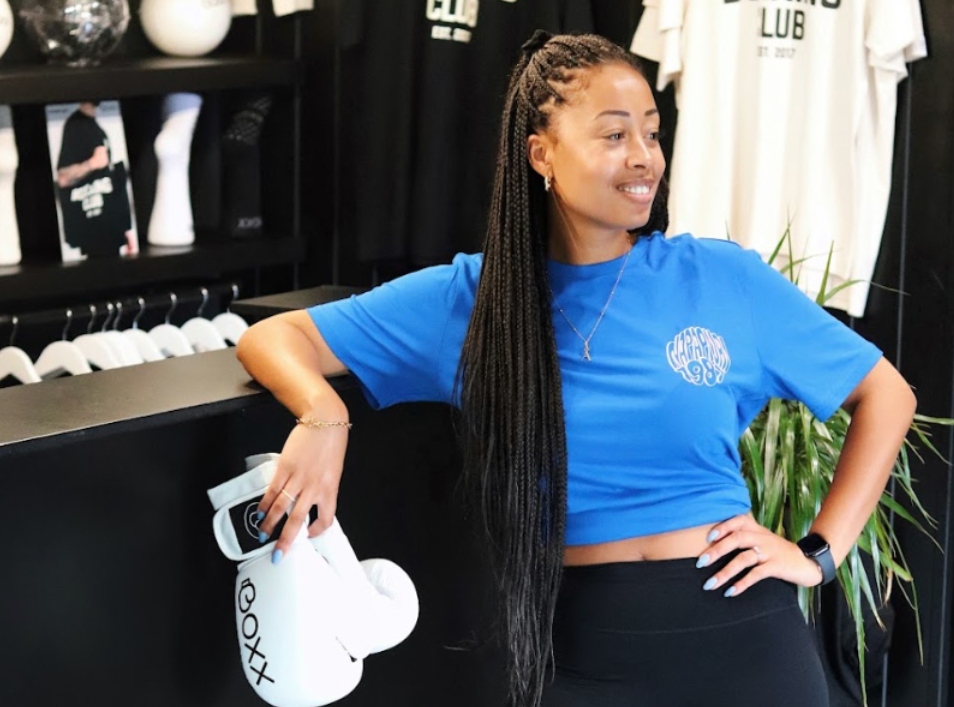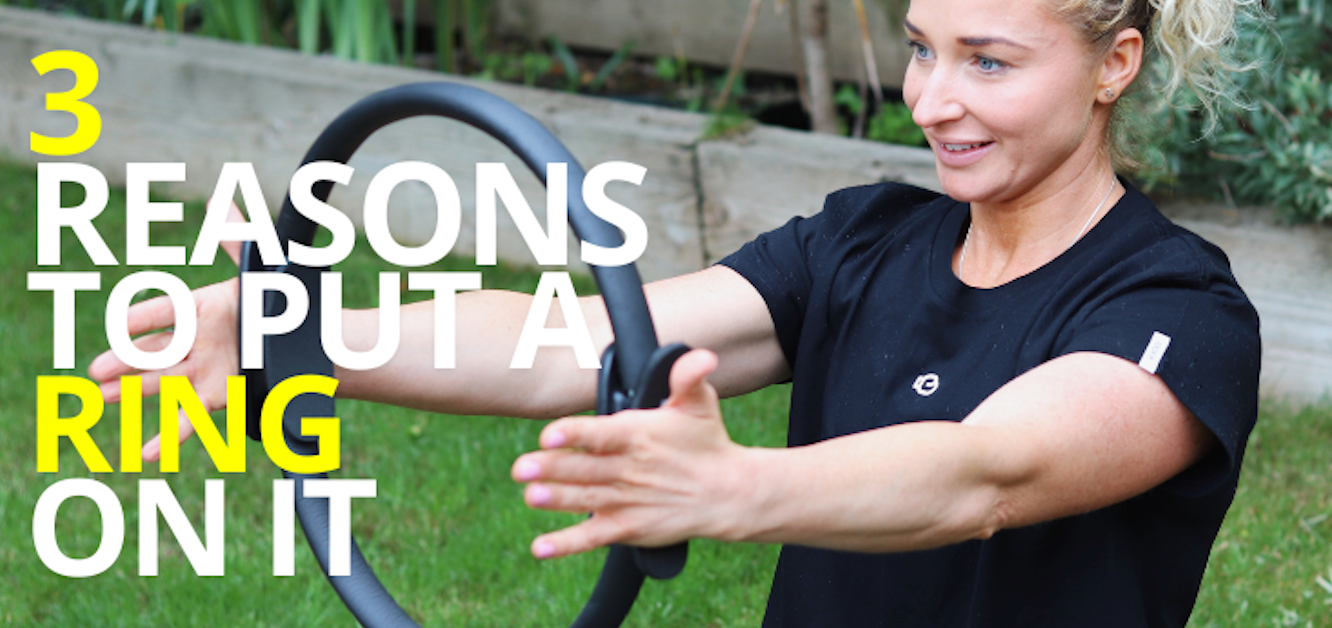Another holiday period has been and gone, and a lot of us have reluctantly returned back to regular life.
Just like exercising while on holidays, getting back into an exercise routine after time off can be a different experience for everyone. Some people will return to their exercise routine without much thought, filled with refreshed motivation after a period of rest, while others can find the return challenging for a number of reasons. If you’re feeling challenged, here are some things to consider from our Exercise Psychologist, Emma Slade.
First things first – you do not need to “work off” your holiday.
The concept of a holiday isn’t designed to make you feel like you need to work twice as hard on your return. It is perfectly okay to feel enthused to get back into your routine after feeling recovered, refreshed, and rejuvenated after a holiday. But a period of leisure or recreation time does not mean you need to “un-do” what you did or didn’t do while on holidays.
Why is this the first thing mentioned in this blog? Because returning to exercise after a holiday ideally comes from a place of caring for your mind and body, rather than from a place of punishment or negativity. When we return to exercise in a way that is caring and compassionate, we usually engage in exercise in ways that are more aligned with our values, which ultimately sets us up not only for a more enjoyable return to exercise, but a longer-term relationship with exercise.
Reflecting on your holiday and the movement it involved can also be useful. What did you potentially learn about your relationship with exercise while on holidays? For example, you may have found a sense of adventure and accomplishment getting up and moving, walking, or engaging in structured physical activity first thing in the morning. Or alternatively you may have found that extra 1 hour of sleep in the morning led you to feel more energised in the afternoons and motivated you to exercise later in the day. Of course, we want to acknowledge the realities of our “normal” life, where we often have many commitments and tasks that mean we might only be able to exercise at set times or on certain days. However, if you do have the time, you might like to take what you have experienced while on holiday and perhaps change your exercise routine in a way that will support your overall wellbeing.
When it comes to returning to exercise post-holiday, there are a few things to consider. Firstly, how do you want to go about it? Maybe you want to ease back into routine by not taking as many sessions the first couple of weeks compared to your “normal” routine? This can help in the adjustment, not only physically but also psychologically. Physically you might experience some delayed onset muscle soreness (or “DOMS”) – if this happens keep in mind this is not necessarily an indicator of a loss in progress or fitness! Psychologically you are re-establishing the mental routines and habits involved in preparing yourself to exercise and exert effort. By taking a gradual approach back into exercise, you are allowing yourself ‘wiggle room’ to settle back into your exercise routine within the wider context of your life. It also enables you ‘wiggle room’ within your workouts to allow yourself time to gradually build your physical conditioning again, which can also help your positive self-talk and motivation.
To help in the transition, you could also consider different forms of movement. For example, while re-establishing your chosen routine of working out 5 days a week at 5pm, you might make two of those sessions more recovery-focused such as a Boxx+ full body stretch workout or a walk. Alternatively, you might still attend your usual Boxx sessions but work at a 50-60% of your usual effort. The idea is to establish the routine of exercise but without a physical intensity expectation. You can build the latter in as you feel your body adjusting back into working out regularly (but you cannot build intensity if you haven’t established the routine yet!).
It’s also a great idea to keep in mind the more times you practice returning to exercise after a holiday, the easier the transition should become in the future. Those who can seemingly return to exercise after a holiday (or any event that disrupts their status quo) have usually had a lot of experience doing it. Re- framing the return to exercise as “a skill” takes the pressure off and allows you to explore with curiosity what does and doesn’t work for you. And if you consider this over the course of your life, you’ll become a master in the return to exercise.
Lastly, lightly monitoring your return and setting vague goals can help. You might keep a record of the days you work out and reflect on how each session made you feel before, during, and after. You might also set goals such as “this week I’ll go to my sessions to move rather than perform” or “this week I’ll move more than I did last week”. Monitoring and using these types of goals can help direct your efforts while you get back into the swing of things.



